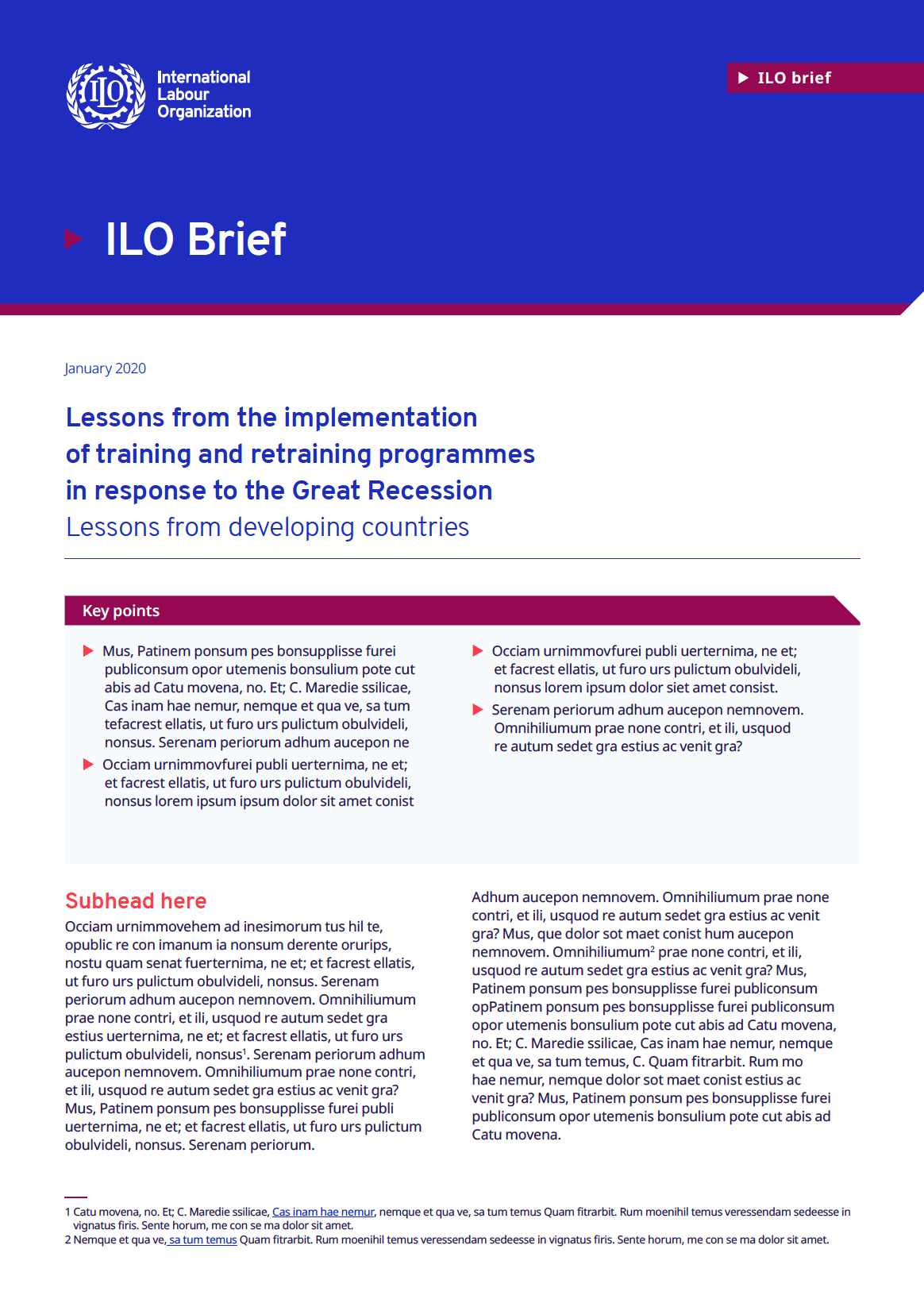Engaging Employers in Work Integrated Learning: Current State and Future Priorities
This study, commissioned by the Australian Workforce and Productivity Agency prior to its amalgamation with the Australian Government Department of Industry, surveyed a stratified sample of 4,500 Australian businesses in August 2014. The survey collected a total of 264 responses from employers to a wide range of questions on the factors that influence their engagement, or lack of it, in Work Integrated Learning (WIL). The data includes highly informative qualitative comments on critical contextual issues.
The key findings to emerge from the analysis generally confirm much of what is known about the profile of organisations participating in WIL and the nature of the experiences they offer. However, the findings raise some important policy issues, challenges and opportunities that require consideration. Key findings include:
• Employers typically first participated in WIL after being approached by a university or student. Only 30 organisations took the initiative in approaching a university..
• A clear majority (88 per cent) of organisations participating in WIL plan to continue engaging university students over the next two years.
• Just one in five organisations not participating in WIL have thought about or attempted to engage a student.
• While the umbrella term ‘Work Integrated Learning’ is established among key stakeholders, almost half of the organisations surveyed are not familiar with term.
• Organisations most likely to be active in providing students with WIL experiences are those that have been in operation around 20 years and/or have more than 15 employees.
• For smaller organisations, ensuring the quality of the WIL experience is particularly challenging given their limited resources.
• The two main barriers for organisations currently providing WIL opportunities are lack of resources and time for supervision of the university student.
• The strongest factors encouraging ongoing employer engagement in WIL are support from universities, good personal links with universities, and effective university coordination of students.




